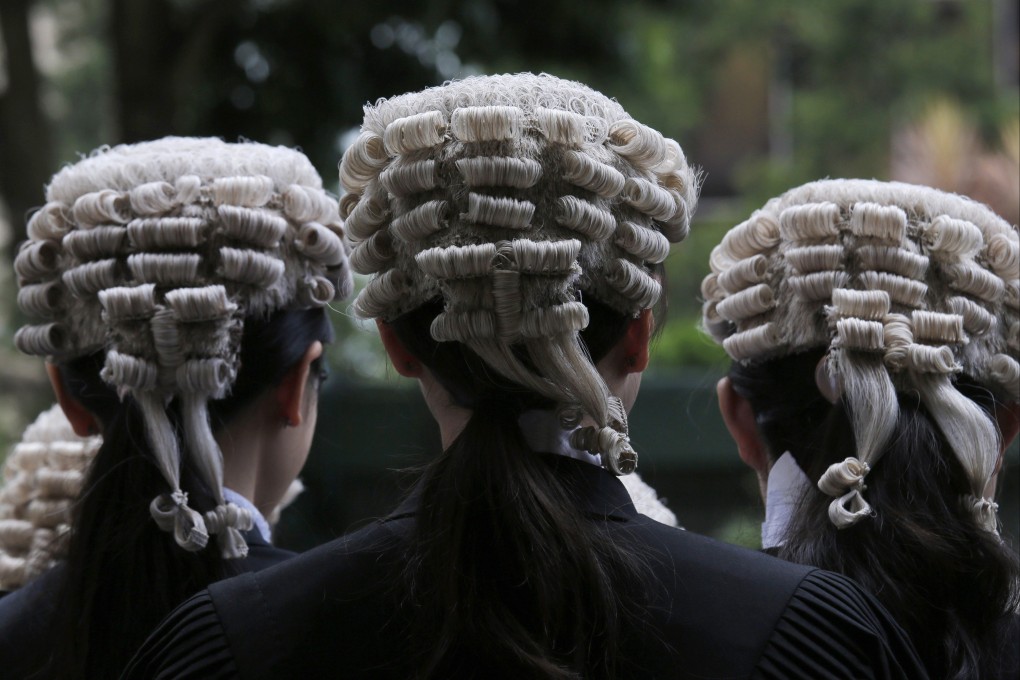Letters | Debate over Hong Kong solicitors being appointed as senior counsel should focus on fairness
- To be internationally competitive, the Hong Kong legal profession needs talent and to attract it, we need to reward it
- Why should we stand in the way of awarding exemplary court advocates the title of senior counsel simply because they do not wear wigs?

Lord Collins (Lawrence Antony Collins) has been a non-permanent judge of the Court of Final Appeal since 2011. He qualified as a solicitor in the United Kingdom in 1968 and was appointed Queen’s Counsel in 1997. From 2009 to 2011, he served as a justice of the Supreme Court of the UK. He has been sitting as an additional judge of the Supreme Court of the United Kingdom since 2011.
Lord Collins has never been a barrister. He was appointed Queen’s Counsel while he was a solicitor.
Do barristers worry that allowing Department of Justice solicitors to be appointed senior counsel will open the floodgates for other equally well-qualified solicitor-advocates to become senior counsel?
We must understand that becoming a barrister or a solicitor is a matter of choice, not education. Both spend the same number of years in law school. They go through the same pre-qualification Postgraduate Certificate in Laws course. A prospective solicitor then undergoes two years of training in a solicitor’s firm. A prospective barrister undertakes pupillage for a year before becoming a barrister. There is no need for any further examination after law school.
To be internationally competitive, the Hong Kong legal profession needs talent and, to achieve this goal, we need to reward talent. Why should we stand in the way of awarding exemplary court advocates the title of senior counsel simply because they do not wear wigs?